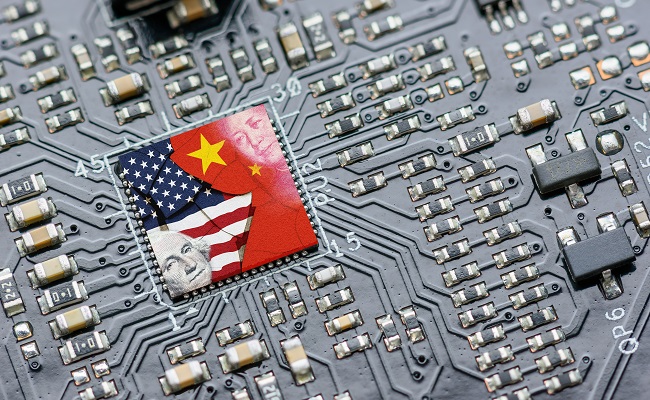The global technology landscape is currently experiencing significant turbulence as Nvidia finds itself embroiled in a deepening controversy concerning the security of its H20 AI chips intended for the Chinese market. This dispute gained traction following a recent probe initiated by the Cyberspace Administration of China, casting a spotlight on the intricacies of international tech trade and national security concerns.
Reports from Reuters indicated that the Chinese regulator voiced serious concerns, urging Nvidia to provide comprehensive explanations regarding allegations that advanced AI chip exports from the United States could be equipped with tracking and location functionalities. This demand underscores a broader geopolitical tension surrounding data sovereignty and technological control.
Further escalating the matter, a post on Tencent’s Weixin app, attributed to the Chinese regulator, specifically called upon Nvidia to address concerns sparked by calls from certain US politicians advocating for these precise tracking and location capabilities to be embedded within exported AI semiconductors. This highlights the delicate balance between technological innovation and governmental oversight.
The regulator’s communication also brought to light claims of “serious security issues” allegedly uncovered in Nvidia’s computing chips. These assertions were reportedly corroborated by US AI experts, who purportedly revealed the presence of mature tracking, location, and even remote shutdown features within the company’s silicon, raising alarms about potential vulnerabilities.
In response to these grave accusations, Beijing’s cyberspace watchdog formally requested Nvidia to submit all relevant documentation pertaining to the design, functionality, and security protocols of its H20 chips. This move signifies a rigorous investigation into the transparency and integrity of advanced AI hardware circulating within China’s digital infrastructure.
Despite the escalating security concerns and regulatory pressures, Nvidia had previously instructed its Taiwan-based contract manufacturers to resume production of the China-specific H20 AI chip. This decision, driven by burgeoning demand for high-performance AI semiconductors and necessitated by specific US export licenses, illustrates the complex interplay of commercial interests and geopolitical constraints.
The ongoing saga between Nvidia and Chinese regulators encapsulates the broader challenges faced by global tech giants navigating a fragmented regulatory environment and increasing national security scrutiny. As AI technology becomes central to economic and strategic power, the debate over chip security and export controls is set to remain a critical focal point in international relations and the future of technological advancement.






Leave a Reply